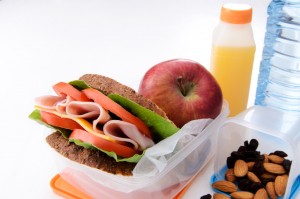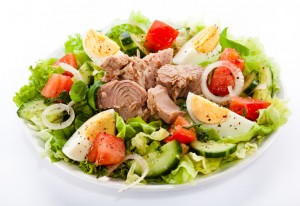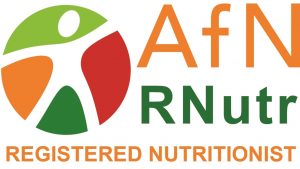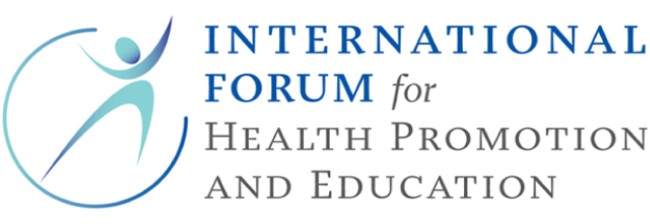Travelling on business often results in weight gain. Unfortunately, studies confirm business travellers are more likely to have a higher BMI than their office-bound colleagues.
The news recently has been dominated by the link between obesity and fast food outlets. Almost two thirds (63%) of UK adults are overweight or obese. Other countries are following a similar trend. Food eaten as a takeaway or from fast food outlets has been identified as a huge factor in this problem.
As business travellers, we rely on meals eaten away from home. The choice can be limited. Fast food and restaurant meals often have more saturated fat, salt and sugar than meals eaten at home.
How can we avoid unhealthy fatty food?
 Forward Planning – I’ve resorted to fast food meals only when I’ve been so hungry I’m getting faint – and regretted it when the weird, greasy aftertaste creeps in. Thinking ahead about how the day will pan out, when and where I’ll eat, would have helped. Carrying emergency snacks, such as almonds, a quality muesli bar or fruit, always with water, will keep us sustained until the next opportunity for nutritious food.
Forward Planning – I’ve resorted to fast food meals only when I’ve been so hungry I’m getting faint – and regretted it when the weird, greasy aftertaste creeps in. Thinking ahead about how the day will pan out, when and where I’ll eat, would have helped. Carrying emergency snacks, such as almonds, a quality muesli bar or fruit, always with water, will keep us sustained until the next opportunity for nutritious food.
Extreme Care at the Buffet – keeping breakfast small and healthy. I can usually find something similar to my home breakfast of muesli, natural yoghurt and fruit. Often there is a good selection of walnuts and seeds plus dried fruits, but not always, and often it’s necessary to peel and chop the whole fruit, which is fine. Under-ripe melon is depressing. Most hotel buffets do decent eggs. A plate loaded with the cooked breakfast selection, or croissants and pastries will sit soundly in the high saturated fat, salt and calories basket. The breakfast buffet at a hotel in Budapest recently included iced doughnuts, a low point in the breakfast range I felt. The Spaniards on the table next to mine ate nothing but their usual breakfast; cherry tomatoes rubbed into their bread with a drizzle of olive oil.
 Aim For a Good Night’s Sleep – At dinner, we need to be aware of the importance of getting a good night’s rest. Staying in different locations can upset our sleep routine, special care is needed in the hours before we go to bed. Rich food, late in the evening, is hard to digest, particularly if we lie down soon after finishing a meal. Choosing food like fish and vegetables or salad keeps the calories down. The Japanese mantra of stopping eating at 80% fullness is a good plan. Staying upright for two hours after eating allows the meal to pass through the stomach and will reduce the risk of indigestion and reflux. If we sleep badly and wake tired, it’s tempting to feel that extra food is needed to give us an energy boost.
Aim For a Good Night’s Sleep – At dinner, we need to be aware of the importance of getting a good night’s rest. Staying in different locations can upset our sleep routine, special care is needed in the hours before we go to bed. Rich food, late in the evening, is hard to digest, particularly if we lie down soon after finishing a meal. Choosing food like fish and vegetables or salad keeps the calories down. The Japanese mantra of stopping eating at 80% fullness is a good plan. Staying upright for two hours after eating allows the meal to pass through the stomach and will reduce the risk of indigestion and reflux. If we sleep badly and wake tired, it’s tempting to feel that extra food is needed to give us an energy boost.
Avoid Bad Snacks – there is no such thing as a cheeky biscuit. The average biscuit is seriously deficient in nutrients, but not in sugar and fat. Serving biscuits with tea and coffee normalises a bad snack habit. I mentally aim to save those extra calories for something delicious.
Meals eaten away from home can be less nutritious and lead to weight gain. Awareness is the first step to ensuring our travel diet is a good one.
© ExtraVitality 2017
Not equipped to take emergency snacks with you? Here are some smart items which may help.
by - [-]
Price: -
by - [-]
Price: -
by - [-]
Price: -
by - [-]
Price: -





























